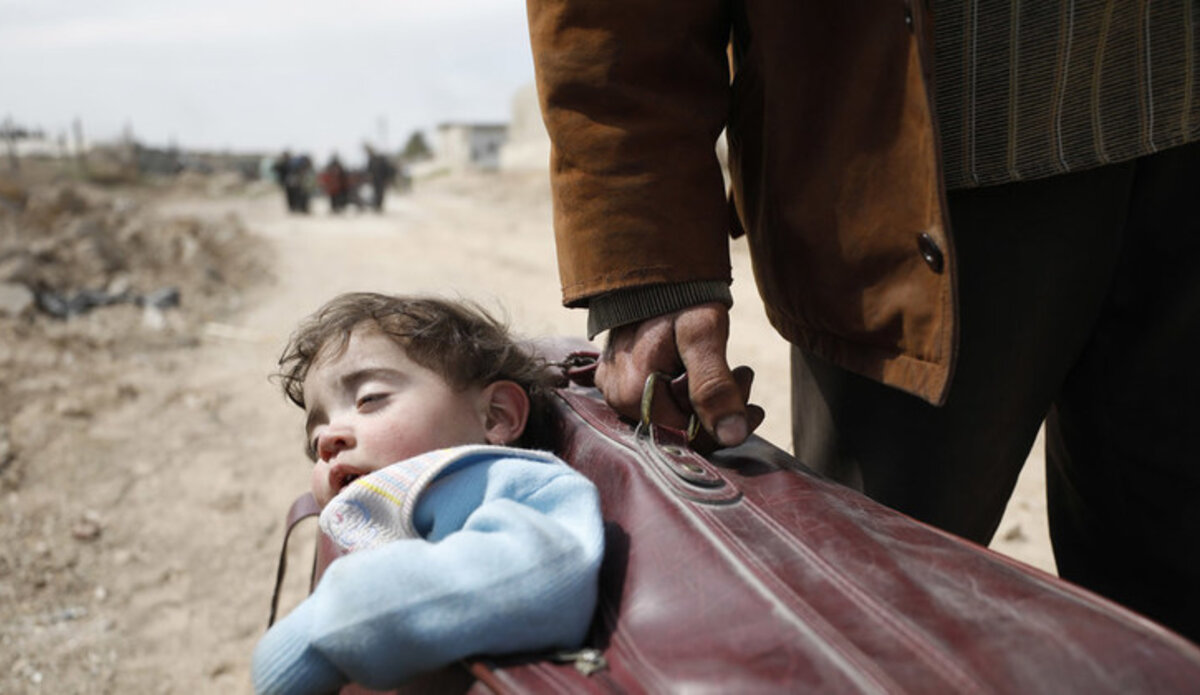
The SOHR report, which relies on a network of activists and informants on the ground in Syria, estimates that the death toll from the war has now surpassed 350,000. This includes over 115,000 civilians, including 22,000 children. The majority of civilian deaths were caused by airstrikes, barrel bombs, and other explosive weapons used by the Syrian government and its allies.
The war has also forced millions of Syrians to flee their homes. According to the United Nations High Commissioner for Refugees (UNHCR), over 6.7 million Syrians are now registered as refugees in neighboring countries, while another 6.6 million are internally displaced within Syria. The displacement crisis has placed a heavy burden on neighboring countries, such as Turkey, Lebanon, and Jordan, which have struggled to cope with the influx of refugees.
The war has also caused widespread destruction to Syria’s infrastructure. Hospitals, schools, and homes have been destroyed, and essential services such as electricity and water are often unavailable. The destruction of infrastructure has had a devastating impact on the lives of ordinary Syrians, making it difficult for them to access basic necessities and rebuild their lives.
Efforts to find a political solution to the war in Syria have been ongoing for several years, but they have been hampered by the complexity of the conflict and the unwillingness of the warring parties to compromise. The United Nations has been leading the diplomatic efforts to find a solution, but its efforts have been met with limited success.
The future of Syria remains uncertain. The war has left the country deeply divided, and it is unclear how the country can be rebuilt and reconciled. The international community is facing the challenge of finding a way to end the war and help Syria rebuild. What is clear is that the legacy of the war will continue to haunt Syria for many years to come.
![Syria: 10 Years Of War Has Left At Least 350,000 Dead [Besieged] No Way Out, Syria 10 years of war](https://prod2023syrie10ansdeguerre.msf.fr/assets/og/opengraph_msf_syrie_ch3.jpg)